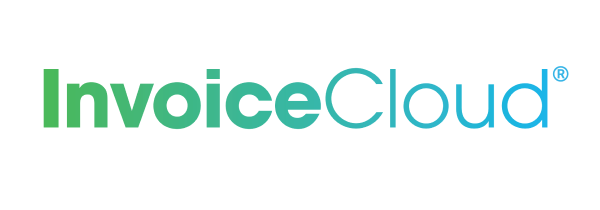Automated Ticket Tagging for Accurate Reporting
Automated tagging, routing and prioritization of tickets. Get rid of manual reporting. Free up your agents from mundane tagging.












Tag and route tickets automatically
IrisAgent discovers tags customized to your domain, automatically tags new tickets, and routes the ticket to the right person. Get rid of manual and inaccurate tagging for good.
Predict and prevent escalations proactively
Discover at-risk tickets with automated revenue and customer sentiment impact analysis for every ticket and bug. Act on urgent tickets with real-time severity, customer health and sentiment monitoring and alerts.
Early warning engine to discover customer issues proactively
Get real-time alerts about trending product and customer experience issues detected from anomalies in support and product data.
Omnichannel
Auto-Tagging
Trending Issues
Transform your customer
support operations
support operations
10x
faster responses
40%
tickets deflected
95%
accuracy with no hallucinations
Any questions?
We got you.






